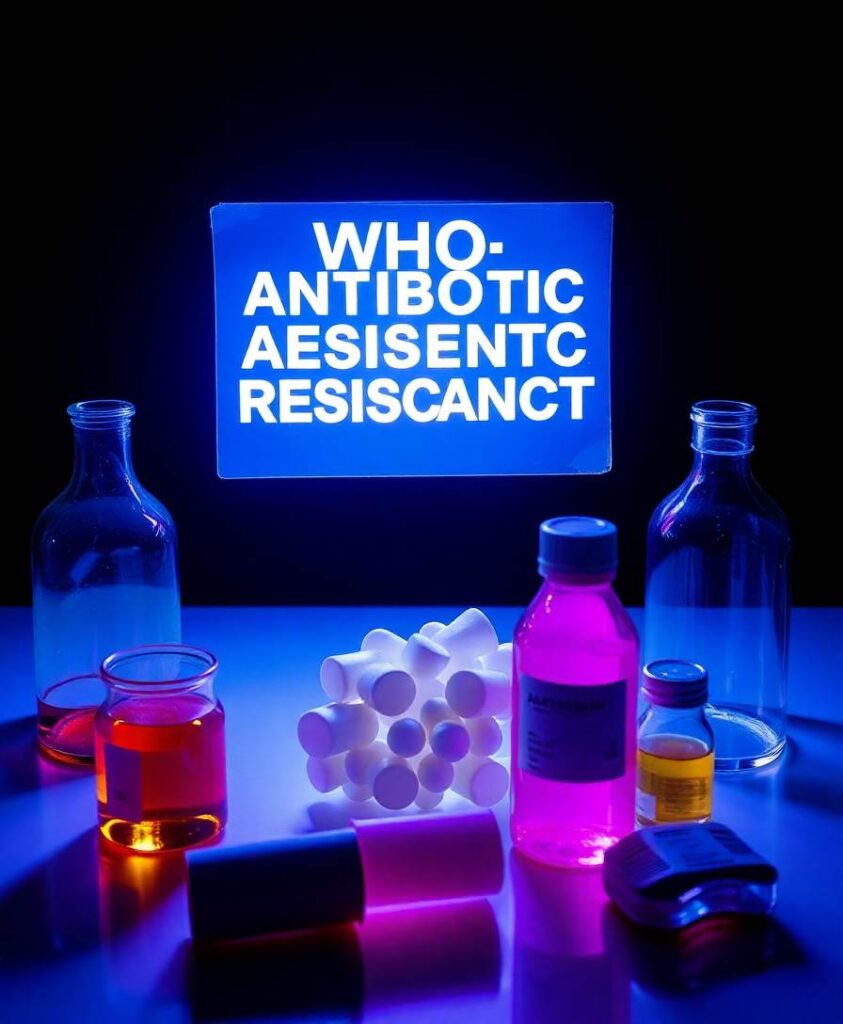Feeling overwhelmed by the endless options for managing mental health? You’re not alone. Many people notice that, over time, the way we approach emotional well-being is changing — moving toward more talking and less medicating. When you sit down with a therapist and start to unpack your thoughts, it’s like tuning into a radio station that’s been static for too long, gradually finding clarity through dialogue. This shift from reliance on psychiatric medication to engaging in talk therapy isn’t just a trend; it’s a reflection of how we’re beginning to understand the complexity of mental health as a deeply human experience.
For those who have struggled with the feeling that medication alone isn’t enough — or that it might mask rather than resolve underlying issues — this change offers a new path. The increased emphasis on psychotherapy is helping people connect with their inner worlds, decode their thoughts, and build resilience through understanding. It’s about creating a safe space where your voice is heard and your story is valued, rather than just focusing on symptoms to suppress.
Why are more people turning to talk therapy instead of medication?
It’s no coincidence that talk therapy is experiencing a renaissance. Many individuals are discovering that while pills can provide relief from immediate symptoms, they often don’t address the root causes of emotional distress. A person might find themselves taking medication for anxiety, only to realize that the underlying triggers — unresolved trauma, unspoken fears, or relationship struggles — still linger beneath the surface.
In recent years, mental health experts have increasingly emphasized the importance of understanding these deeper layers. Psychotherapy offers a chance to explore personal narratives, develop emotional skills, and foster long-term growth. People are realizing that sustainable mental health isn’t just about quick fixes but about cultivating a resilient mind through meaningful conversations and self-awareness.
This shift also reflects a broader societal movement: the recognition that mental health treatment should be tailored to each person’s unique experience, not a one-size-fits-all approach. When medication is used without accompanying therapy, it can sometimes feel like patching a leak without fixing the pipe. Now, more clinicians are advocating for integrated care — combining the best of both worlds or, increasingly, prioritizing talk therapy as the primary approach.
What does this mean for your mental health care choices?

If you’ve been prescribed medication but feel it’s not entirely helping, or if you’re simply curious about exploring different ways to support your mental well-being, it might be worth considering talk therapy. Engaging in regular conversations with a mental health professional can help you uncover patterns, develop coping skills, and foster a deeper understanding of yourself. It’s about nurturing your mental landscape through dialogue, much like tending a garden — consistent, attentive care that allows growth over time.
As the cultural conversation around mental health evolves, it’s encouraging to see more emphasis on personal agency and emotional literacy. Whether you’re navigating anxiety, depression, or life transitions, therapy can serve as a guiding light, illuminating pathways you may not have seen before. And with the declining reliance on medication without therapeutic support, there’s a growing recognition that addressing the whole person — body, mind, and heart — leads to healthier, more fulfilling lives.
Ultimately, this trend reminds us that mental health isn’t just about managing symptoms — it’s about understanding ourselves more deeply and building meaningful connections, both internally and with others. It’s a journey best taken with an open heart and a willing ear.
Learn More: Talk Therapy Rising, Psychiatric Med Use Declining
Abstract: More talk and fewer pills are being employed to help Americans maintain their mental health, a new study says. Psychotherapy is assuming a larger role in mental health care, while medications prescribed without accompanying therapy are becoming less common, according to…
Link: Read Full Article (External Site)



